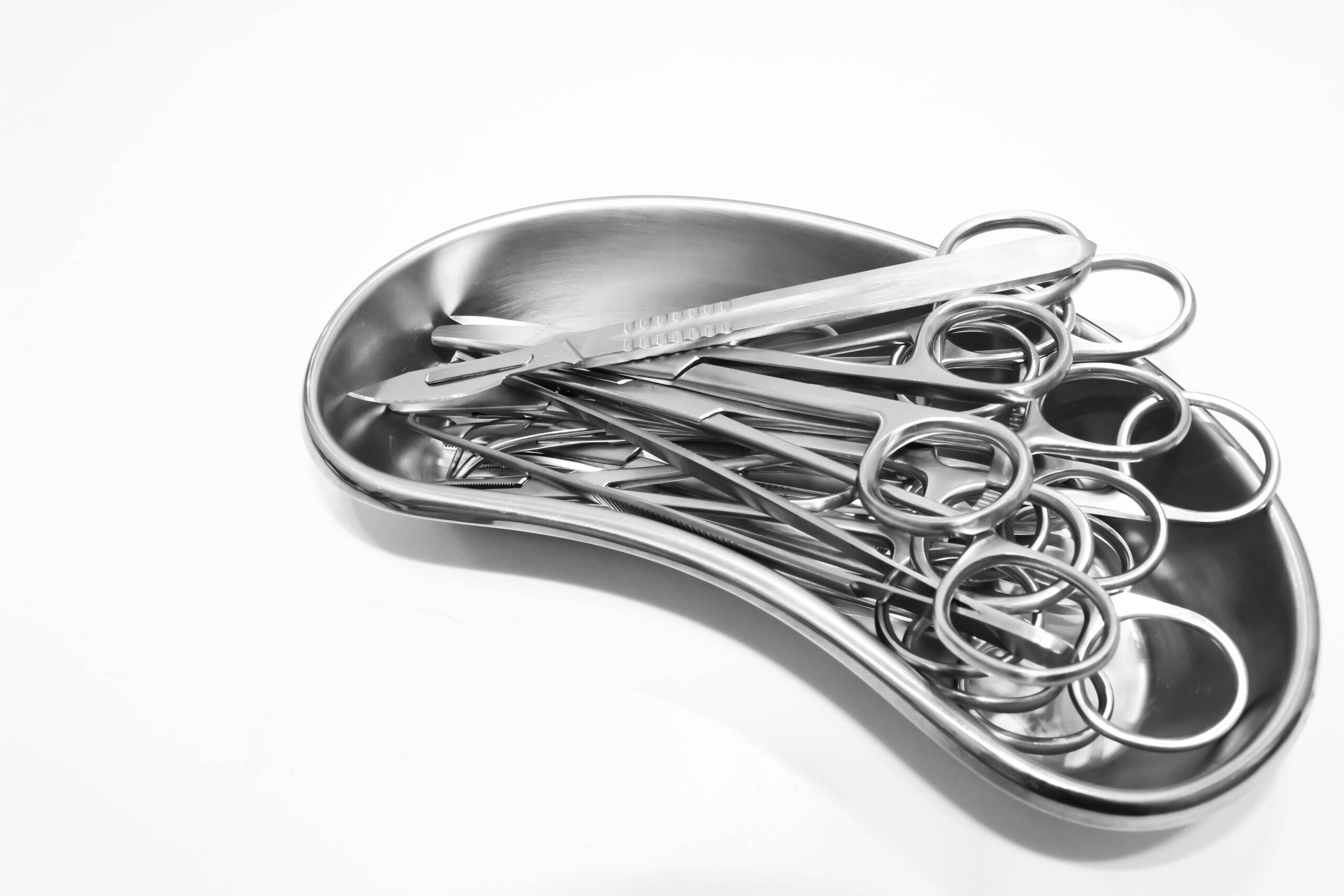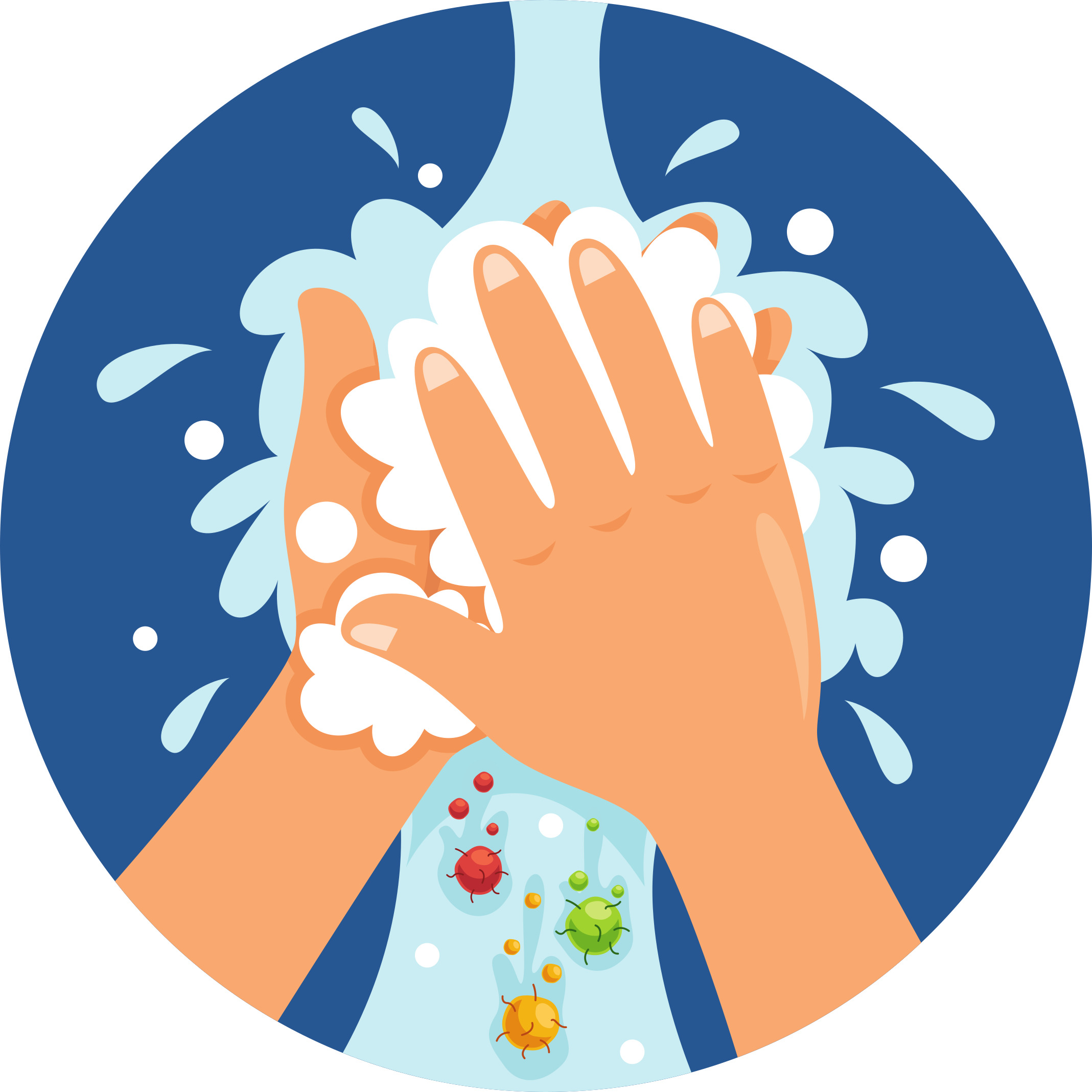Study: Preventing antibiotic-resistant infection surge could save millions

Editor's Note Research shows antibiotic-resistant infections could lead to 8.2 million deaths annually by 2050, representing a 75% increase from current rates, according to a September 17 article in HealthDay. Published in the Lancet, the new study highlights the growing threat of growing threat of antimicrobial resistance (AMR), predicting that…
Offsite sterilization fuels onsite efficiency for lean ASCs

For many in the healthcare industry, imagining surgery without onsite sterile processing seems unthinkable. Then again, performing total joints in an ambulatory surgery center (ASC) was unthinkable 10 years ago. ASC sterile processing departments (SPDs) are generally not designed to handle the high volumes of instrument trays, vendor trays, and…
Water quality: 5 Ws and an H for sterile processing pros

Asking who, what, why, when, where, and how—otherwise known as the “5 Ws and an H”— is a time-tested way for writers and researchers to ensure comprehensive coverage of any topic. Here, we apply this framework from the perspective of sterile processing department (SPD) professionals seeking to start a water…
AAMI updates guidelines on radiation sterilization validation, single-use systems control

Editor's Note In a new guidance document for manufacturers of pharmaceuticals and biopharmaceuticals, The Association for the Advancement of Medical Instrumentation (AAMI) has released a new guidance document updating best practices for radiation sterilization validation and routine control of single-use systems. The document, AAMI CR513:2024; Guidance on radiation sterilization validation and…
FDA announces Class 1 recalls of ventilator, eye injection kits

Editor's Note The US Food & Drug Administration has designated recalls of Baxter’s Life2000 Ventilator and the I-Pack Injection Kit from Bausch + Lomb and subsidiary Synergetics Inc. as Class 1, the most severe category indicating serious risk of injury or death. According to FDA’s July 15 announcement, the ventilator…
OR Manager Conference offers perioperative research presentation opportunities

Editor's Note The 2024 OR Manager Conference Poster Gallery provides a forum for presenting completed research, in progress initiatives with preliminary results, or a new approach to a concept to solve a problem related to perioperative leadership. We strive to promote communication and collaborative research among nurses, provide a setting…
Updated ethylene oxide sterilizer standard covers latest technology

Editor's Note The Association for the Advancement of Medical Instrumentation (AAMI) has updated its standard on ethylene oxide (EO) sterilizers for healthcare facilities, according to a June 12 press release. The first update in two decades, the fourth edition ANSI/AAMI ST24:2024 covers labeling, safety, performance, and testing requirements for general-purpose…
Antiseptic nasal decolonization noses ahead

Over 20 years ago, an article from Johns Hopkins published in The New England Journal of Medicine showed that Staphylococcus aureus decolonization of the nares can decrease risk of surgical site infections (SSI). Since then, nasal decolonization—the application of a topical antimicrobial or antiseptic agent to the nares—has been adopted…
Surgery center culture must prioritize cleaning, hand hygiene

Ambulatory surgery centers (ASCs) play an increasingly crucial role in delivering outpatient surgical care that is efficient, effective, and—most importantly—safe. As the ASC sector continues to grow and evolve, maintaining best practices in hand hygiene and environmental cleaning and disinfection is imperative to protect patients from infections. ASCs also should…
WHO guidelines target catheter-caused infections

Editor's Note New World Health Organization (WHO) guidance aims to prevent the occurrence of bloodstream and other infections caused by improper use of catheters during medical procedures. Released May 9, the global guidelines focus on insertion, maintenance, and removal of catheters during medical procedures, which can damage organs and cause…

 Free Daily News
Free Daily News